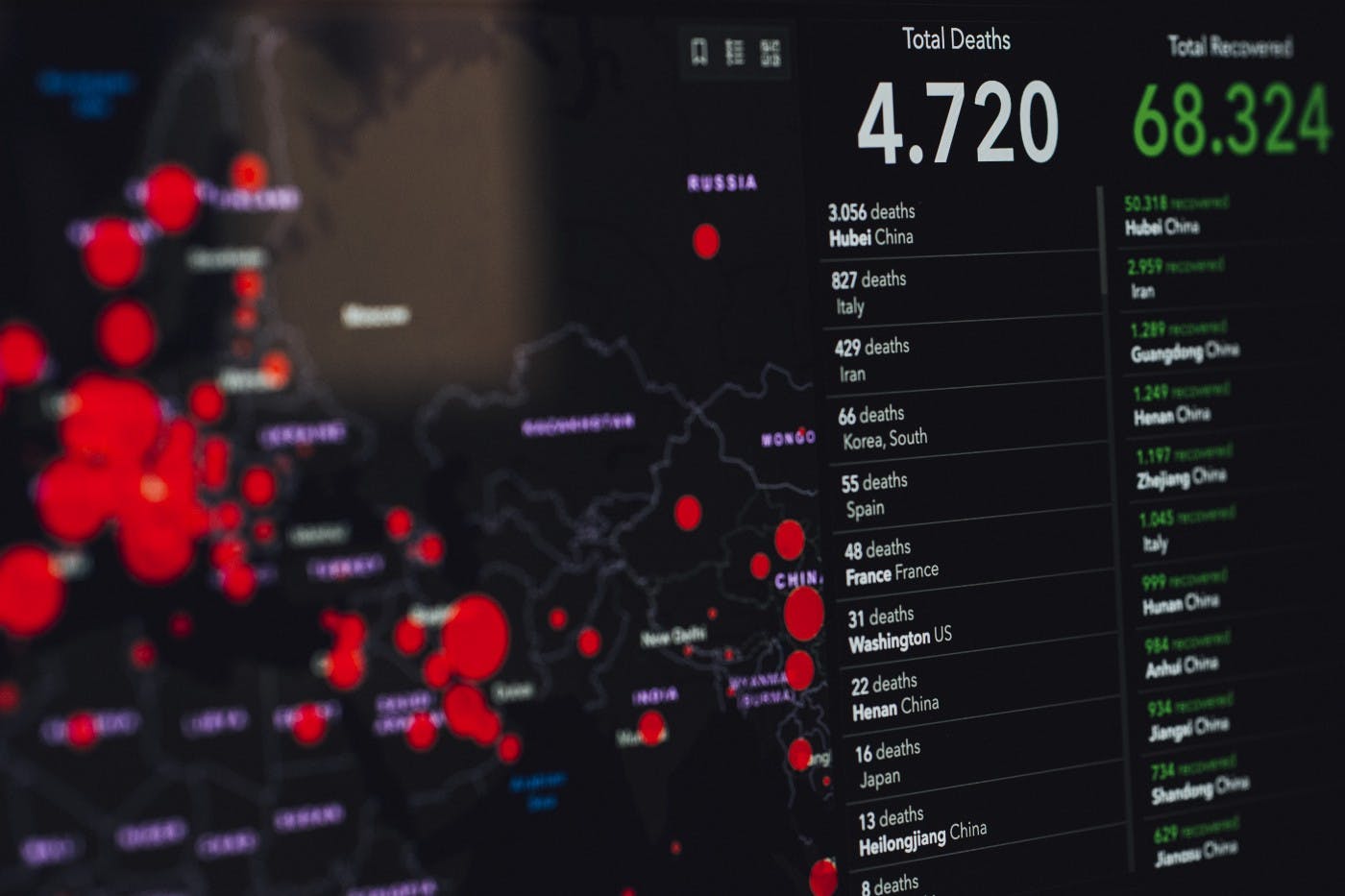Why pandemic bonds can be no substitute for good governance

Bernhard Obenhuber
Jul 16, 2020

Earlier this month, it emerged that the World Bank has spiked plans for a second round of its controversial pandemic bonds. The decision is for the best: while promising to deliver cash fast to help developing countries respond to large-scale disease outbreaks, the bonds delivered too little cash, too late, after paying generous pay-outs to investors.
Unfortunately, when it comes to enabling poorer countries to respond to health emergencies, there are few substitutes for good governance, sound finances — and the provision, where necessary, of public money through multilateral agencies and donors.
The World Bank launched its Pandemic Emergency Financing (PEF) Facility in 2016 in the wake of the 2014 Ebola outbreak in West Africa. During that outbreak, the World Bank blamed a three-month delay between the first few hundred infections in Guinea, Liberia and Sierra Leone and the provision of financial support from the international community for a tenfold increase in the number of people infected.
In response, the World Bank structured and sold $320m of pandemic bonds to institutional investors. These bonds were designed to pay governments and aid agencies in the event of an outbreak of one of a group of diseases, including pandemic influenza, SARS, MERS and Ebola. Crucially, the bonds “will pay out quickly, within days of an outbreak reaching a defined level of severity, determined on the basis of publicly available data from the WHO,” the World Bank said.
However, those criteria were not met in the 2018 Ebola outbreak in the Democratic Republic of Congo, leaving some critics to argue that its thresholds were too high. Last October, researchers at the London School of Economics published a paper stating that “the criteria for PEF’s insurance window are too stringent to mitigate risks posed to global health security”, and the structure instead favoured investors, who had received $114.5m in coupon payments by mid-2019.
The performance of the PEF during the current Covid pandemic has also underwhelmed. Rather than disbursing funds early in the pandemic, when resources to slow the spread of disease were most valuable, it did not begin paying affected countries until mid-April; by the end of the month, the World Bank announced that it had disbursed $195.84m from the PEF to 64 low-income countries, with a maximum of $15m paid to any one country.
The pandemic bonds have sought to replicate the success of the catastrophe bond market, where capital markets investors buy bonds that provide payments in the case of one or more pre-defined catastrophes, such as hurricanes or earthquakes.
Unlike insurance contracts, which typically require the holder of the protection to prove that a loss has occurred, these so-called parametric bonds pay out once a specific trigger is reached — such as an earthquake above a certain point on the Richter scale, within a certain geographical area. This enables funds to be made available when they are needed — in the immediate wake of a disaster — rather than months later.
The challenge — as has been demonstrated by the PEF — lies in correctly anticipating the thresholds that should trigger a payout. As proved to be the case with Covid, the novel characteristics of the pandemic meant that the facility proved to be an imperfect fit with the needs of the countries it was designed to help. Meanwhile, the novel nature of the structure and of the risks it is designed to offer a hedge against meant that investors demanded relatively high coupon payments to buy the bonds, leading to considerable pay-outs before the pandemic.
So what’s the answer? Unfortunately, there are no short-cuts when it comes to preparing low-income countries against natural disasters such as the Covid pandemic. The range of possible events is so wide that it is extremely difficult to accurately identify — and price — possible risks with a precision that enables capital market investors to cost-efficiently and fairly absorb those risks.
Instead, the answer ultimately lies in good governance, properly funded health systems and a flexibility to respond to a range of possible events. International capital markets certainly have a role to play: there is a growing market in social bonds whose proceeds — raised during normal conditions — could be directed towards improving healthcare systems.
But in the face of a fast-moving pandemic, the international community must be prepared to mutualise risk and rapidly provide the funding needed by its poorer members.
